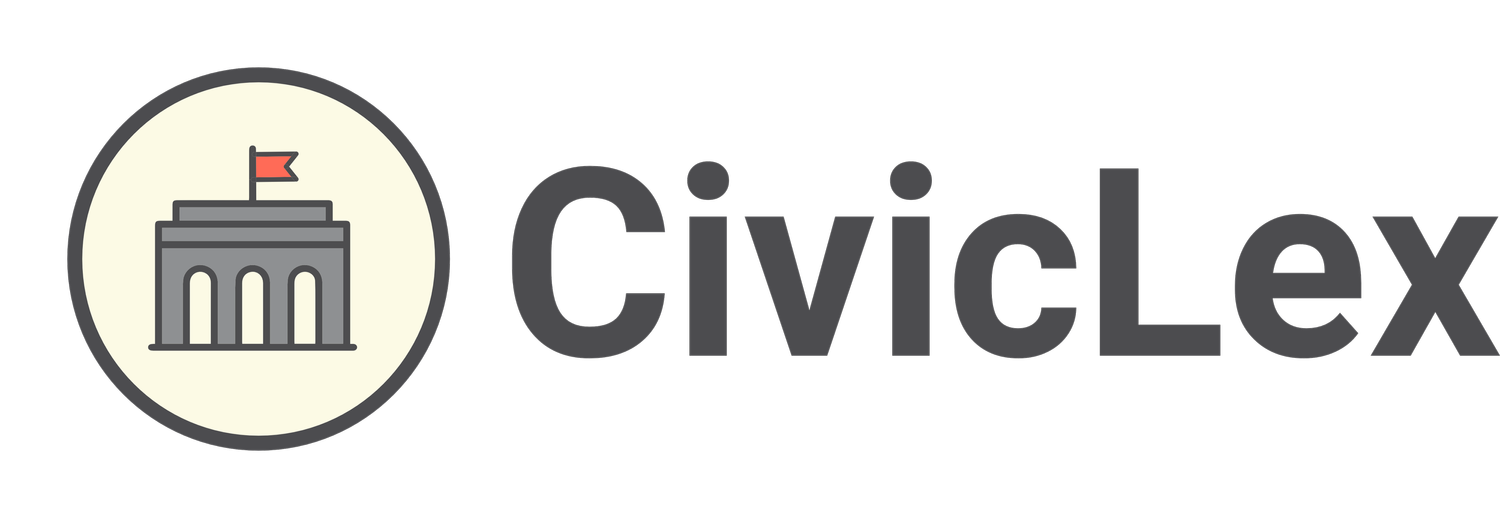A medical debt forgiveness nonprofit will present to Council Budget Committee
University of Kentucky's Albert Chandler Hospital. Source: Wikimedia Commons.
In last Tuesday’s Budget, Finance, and Economic Development (BFED) Committee, Eva Stahl — Vice President of Public Policy and Program Management for the nonprofit Undue Medical Debt — presented an overview of Undue Medical Debt’s work to forgive medical debt in communities across the US.
Undue Medical Debt is a 501(c)3 nonprofit that was founded in 2014 to purchase and forgive medical debt.
Undue Medical Debit purchases debt portfolios from healthcare providers at low rates, often paying as low as $1 for every $100 in debt owed by patients.
Once purchased, Undue Medical Debt simply forgives the debt, rather than seeking payment from patients in the way that collection agencies do.
To qualify for debt forgiveness, a patient must either have a debt that is 5% or more of their annual income; or make an income at 400% or below the federal poverty rate.
Undue Medical Debt purchases portfolios for patients who meet this criteria, meaning they acquire the debt without any patient needing to apply for assistance.
Patients whose debt has been forgiven receive a letter in the mail letting them know their debt is forgiven. No action is required from the patient at any stage.
Medical debt is the leading cause of bankruptcy in the United States. According to the Kaiser Family Foundation, 1 in 12 Americans had medical debt in 2021. Medical debt totaled $220 billion across the country.
Graph showing data on Americans with medical debt currently in collections. Source: August 27th Budget, Finance, and Economic Development Committee packet.
Since its founding in 2014, Undue Medical Debt claims to have forgiven $12 billion in medical debt for over 7 million people. They use donations from supporters and funds from partner government agencies to purchase and forgive debt.
Most communities that have partnered with Undue Medical Debt have used federal money they received through the American Rescue Plan Act (ARPA) to fund contracts with the organization. Undue Medical Debt uses that money and additional money they raise to purchase debt for residents from local healthcare systems.
In 2022, Cook County, Illinois gave Undue Medical Debt $12 million in ARPA funds. As of July 1st, 2024, $382 million in medical debt has been forgiven for 213,000 Cook County residents.
New Orleans gave the organization $1.3 million in ARPA funds in 2023. This month, the City and Undue Medical Debt announced that they forgave $59 million in debt for 66,000 residents.
There is no proposal outlined in the presentation for how Lexington could partner with Undue Medical Debt.
After Stahl’s presentation, Vice Mayor Wu stated that he plans to ask for Council’s support in funding a partnership with Undue Medical Debt during Fund Balance discussions in October.
He did not outline a specific proposal, but did mention that in past conversations he has had with Stahl and others at Undue Medical Debt, they have estimated that a $1.6 million allocation would be needed to forgive most medical debt in Fayette County.
You can look at the full presentation starting on page 29 of this packet.


